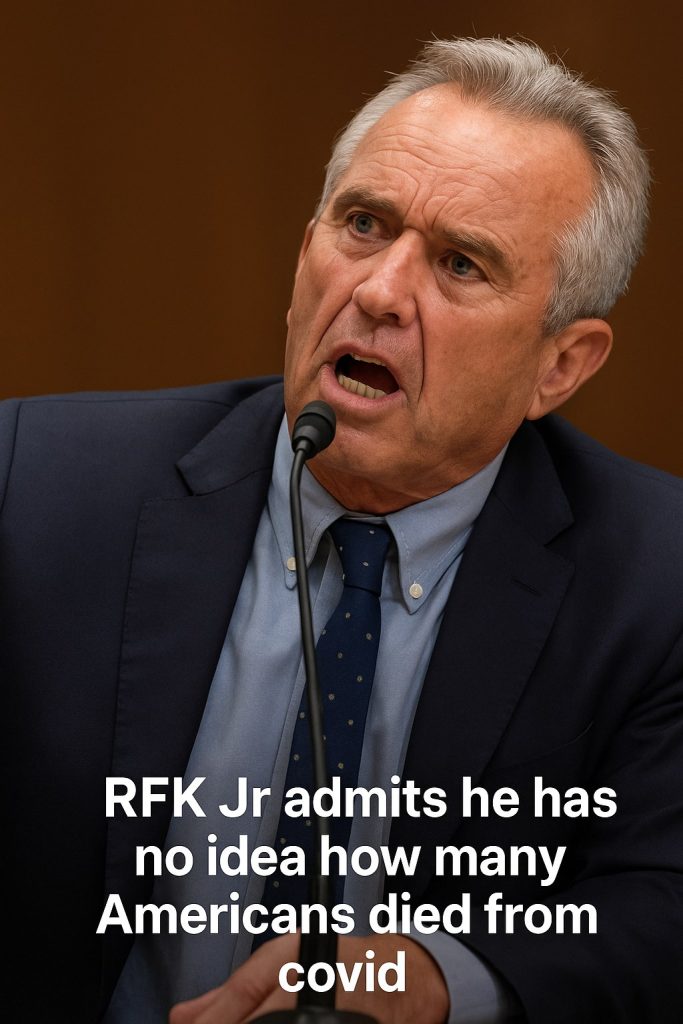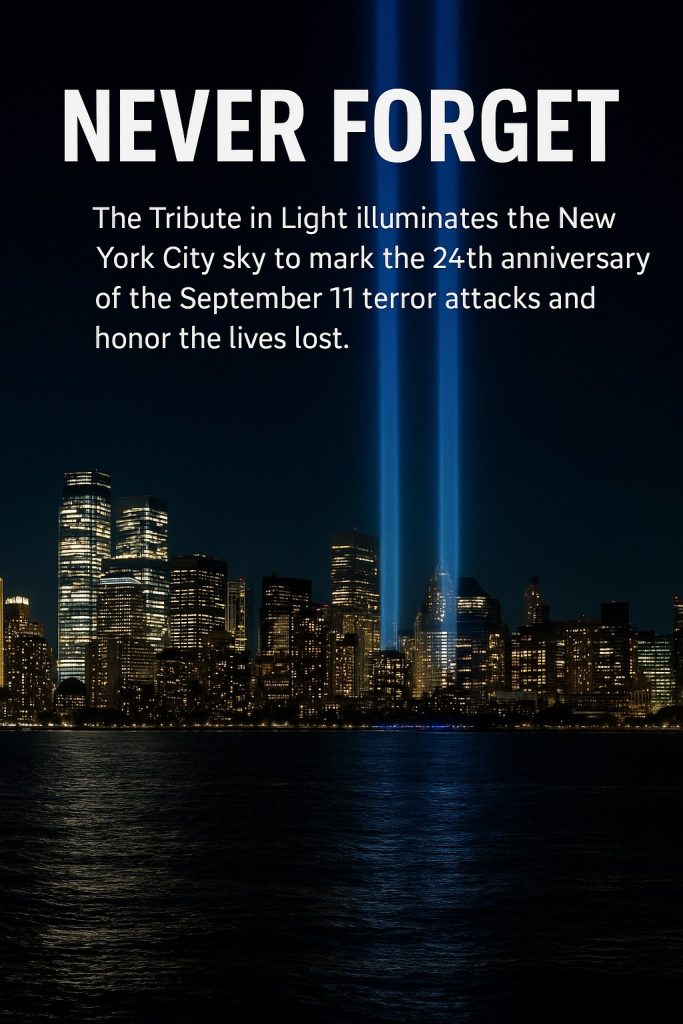Health and Human Services Secretary Robert F. Kennedy Jr. appeared at a contentious Senate hearing on September 4, 2024, where he openly admitted he does not know the exact number of Americans who died from COVID-19. The revelation came amid sharp criticism of the Biden administration’s handling of the pandemic and the official death reporting system.
During the hearing, Kennedy, a vocal skeptic of many government COVID-19 policies, was pressed by senators over the accuracy and transparency of U.S. COVID-19 mortality data. When questioned about the official death toll, Kennedy stated that he could “not say with confidence” how many Americans actually died from the virus.
This admission surprised many observers given the extensive data collection efforts by federal agencies throughout the pandemic. Kennedy immediately sought to shift the focus by blaming the Biden administration for underreporting and mishandling of COVID-19 deaths, arguing that political agendas compromised the integrity of the public health response.
“The American people deserve honest answers,” Kennedy asserted. “Without clear, reliable data, our response is hindered, and lives are at risk.”
Kennedy’s remarks come at a time when COVID-19 remains a subject of intense political and public debate. The official figures reported by the Centers for Disease Control and Prevention (CDC) estimate that over 1.1 million deaths have been attributed to COVID-19 in the United States. However, discrepancies in reporting methods, classification of deaths, and delays in processing data have fueled ongoing disputes over the true impact of the virus.
The hearing further highlighted the challenges policymakers face in balancing public transparency with the complexities of pandemic data. Several senators expressed frustration, demanding clearer explanations and improved data infrastructure.
In his statements, Kennedy urged a comprehensive review of COVID-19 mortality tracking and a more robust system to ensure accurate and timely reporting. “If we cannot measure the scope of this tragedy, how can we prevent it from happening again?” he questioned.
Experts note that while discrepancies in death reporting exist globally, the U.S. has some of the most detailed tracking systems. Nevertheless, the pandemic’s unprecedented scale, overwhelmed healthcare systems, and evolving understanding of the virus complicated accurate death certification.
This hearing underscores the continuing politicization of COVID-19 data and the critical importance of reliable information in public health crises. As more variants emerge and vaccinations continue, government officials and health experts are under renewed pressure to restore public trust and clarity.
Robert F. Kennedy Jr.’s candid admission has sparked renewed debates across social media and political circles, highlighting the need for transparency amid ongoing questions around the pandemic’s toll. The administration has yet to respond directly to his accusations, but the call for improved data practices is expected to be a key topic in future congressional discussions.
For Americans seeking answers about the pandemic’s impact, this hearing serves as a stark reminder of the complexities in measuring and managing a public health emergency of this magnitude.



